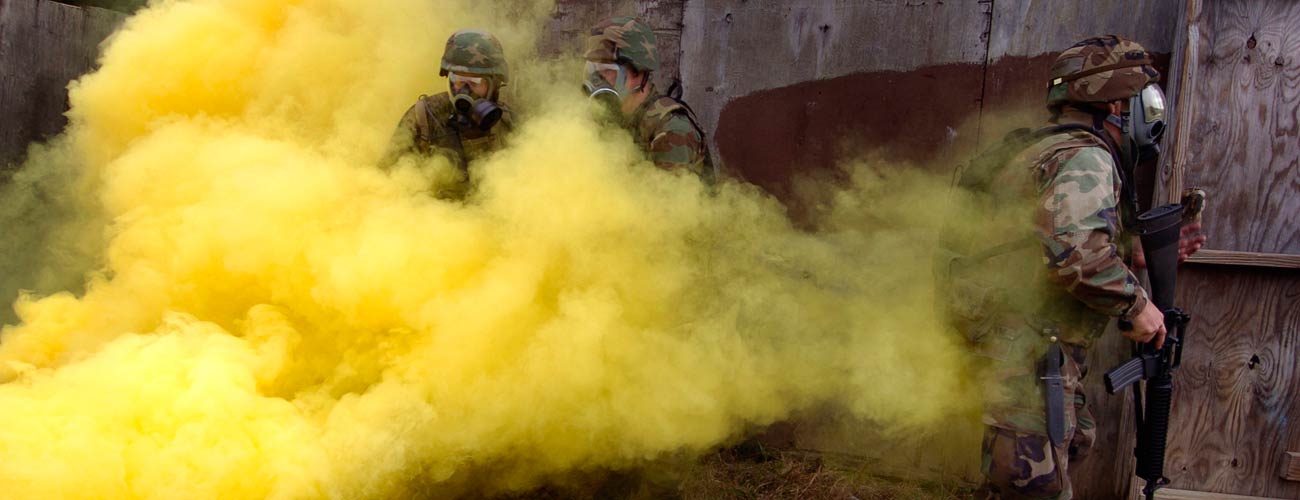Sign up for The Media Today, CJR’s daily newsletter.
Several hundred Americans faced a chilling discovery last week. Through a new online database compiled by National Public Radio, they learned that a member of their family who served in World War II had been exposed to mustard gas by the US government and then sworn to secrecy. The chemical compound, according to the 10-part series on the radio and online, has been linked to medical problems like skin cancer, leukemia, and chronic breathing conditions.
It’s striking to encounter a relative on this list, particularly if it was information you didn’t know. And NPR claims that most people didn’t know because the records for many years were classified. When they came to light, the government failed to inform the majority of the relatives. NPR, however, scoured various public information sources, including military service documents, to piece together a collection of almost 4,000 people who underwent full-body exposure.
The database contains no medical information on the individuals, but the investigations team had to carefully consider what it did include and how. At risk was the suggestion that simply being in the database–95 percent of whom are dead–meant that the individual fell sick due to the mustard gas.
“I think, frankly, we struck the right balance,” says Robert Little, NPR’s senior investigations editor.
Reporter Caitlin Dickerson, asked about how they struck that balance, said she had no role in such decisions. She was instrumental in gaining the documents, and she interviewed some 40 families and survivors.
Anytime a news outlet puts a vast database of names online, it should closely analyze what’s at stake and the public interest versus the rights of the individual. Could the extraordinary findings of NPR’s investigative work have had the same power without naming each individual–especially those who NPR reporters never reached?
Little argues that those whose relatives were in the database had a right to know, for personal reasons and because they could be eligible for compensation. Mere inclusion in the database does not “cast someone in a negative light,” he says.
Bruce Shapiro, executive director of the Dart Center and an ethics professor at Columbia’s journalism school, agrees that participation in “profoundly unethical medical experiments” does not rise up to the level of cases in which journalists typically withhold names, like sexual assaults.
The database includes each individual’s name, month, and year of birth and death, last known city of residence, and branch in which they served. The journalists left out military serial numbers, specific dates, and addresses. It’s enough for viewers to determine their family members’ involvement, keeping in mind that many associated with the investigation did not expect its publication.
The ability to search the data by name was crucial, as the Department of Veterans Affairs had contacted just 610 of 4,000 families after the material was declassified in 1993. That meant many people had little to no idea of the experiments’ effects on their families.
Perhaps the key motivator to publish the names was that every piece of information came from public records. Of course, the accessibility of information doesn’t always justify its publication. But NPR saw this as an opportunity to pick up where the government had failed. “This is the kind of story that doesn’t get told unless an organization like NPR puts the time into it,” Little says. “It’s a valuable public service that we provide.”
Has America ever needed a media defender more than now? Help us by joining CJR today.



